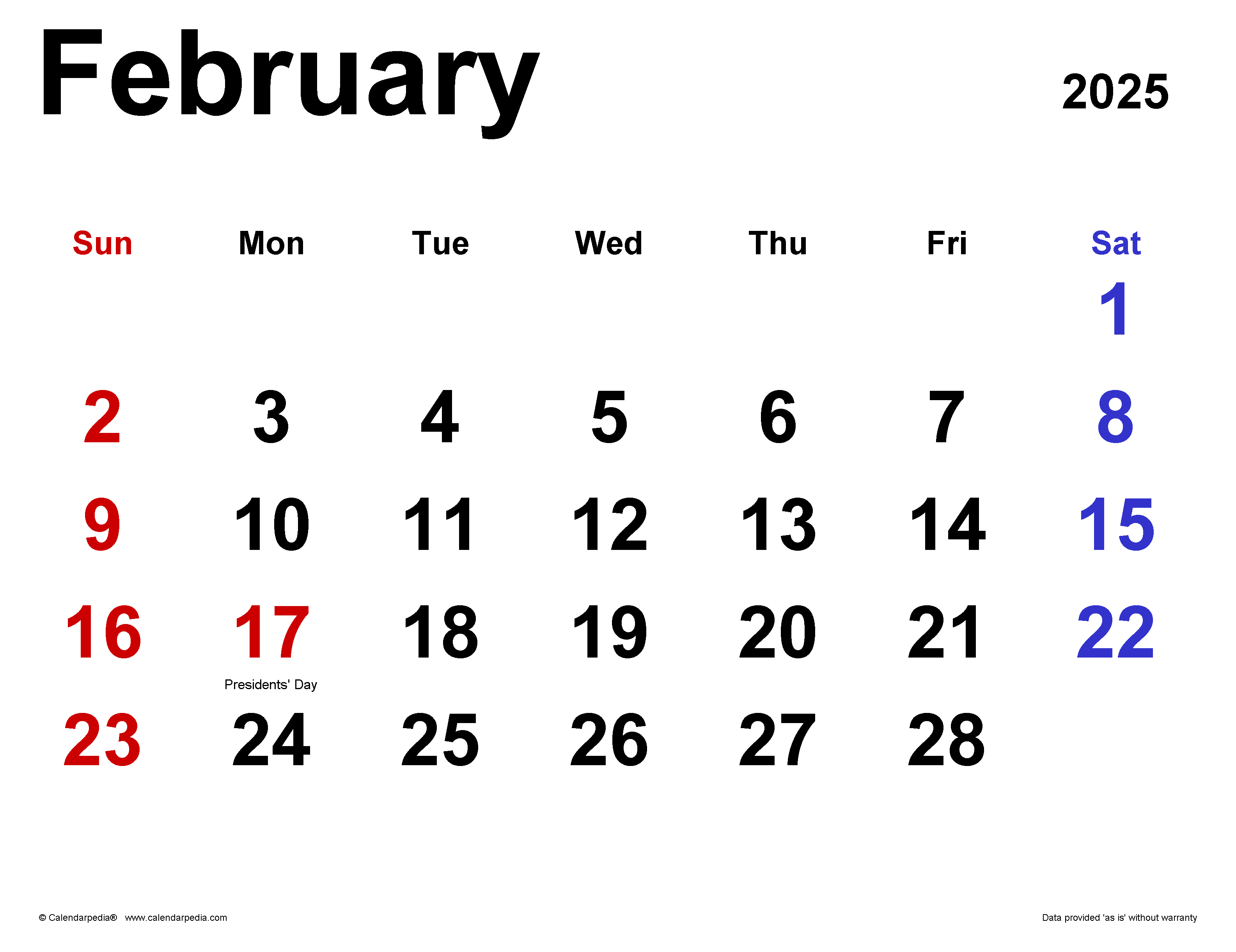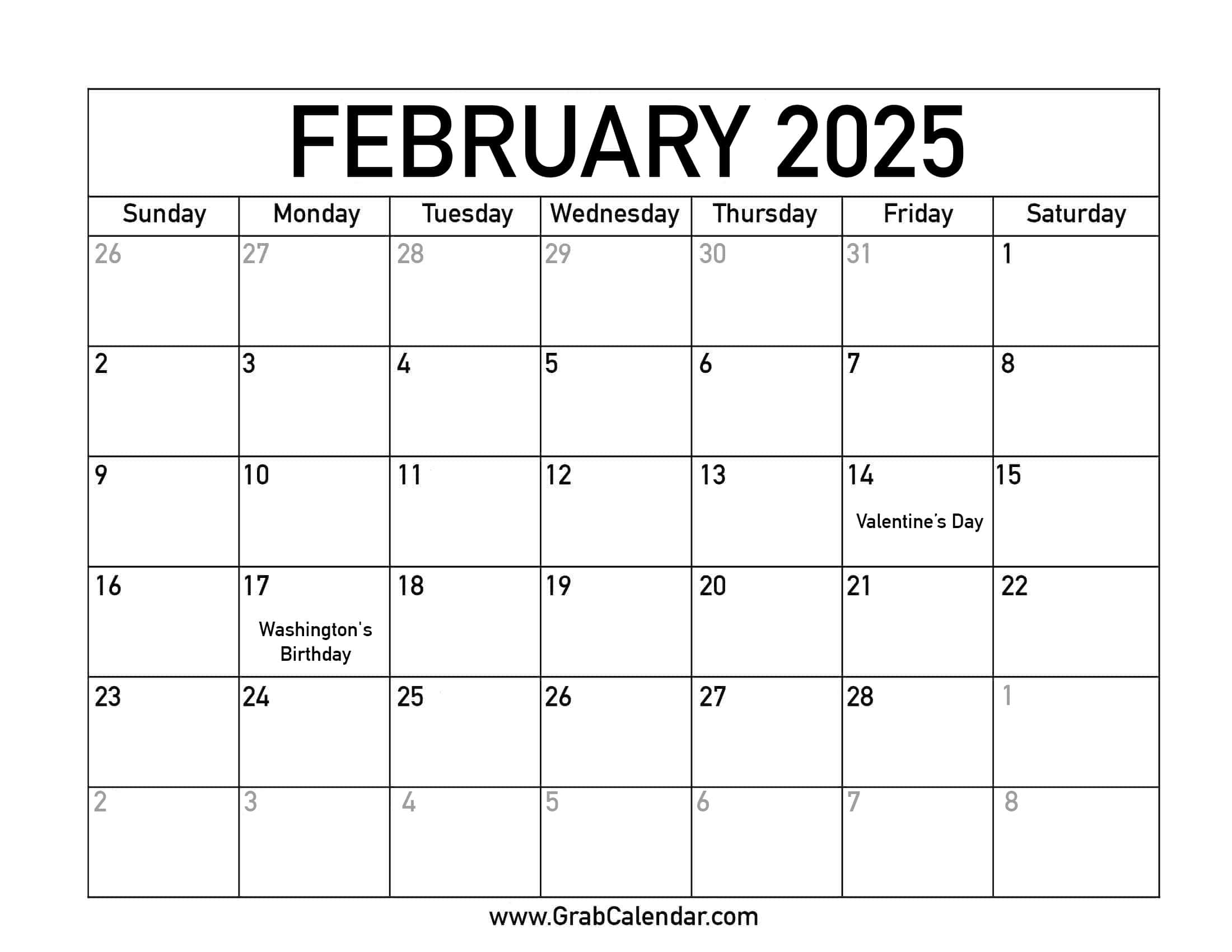World Updates | Update information about politics and social around the world
Röda Dagar 2025: Ultimate Guide To Sweden's National Holidays And Observances

National Calendar February 2025 - Lolly Rachele - Source tessiazaridatha.pages.dev
Key Differences:
| New Year's Day | January 1 | The beginning of the new year |
| Epiphany | January 6 | The arrival of the Three Wise Men |
| Good Friday | April 10 | The day Jesus Christ was crucified |
| Easter Sunday | April 12 | The day Jesus Christ rose from the dead |
| Labor Day | May 1 | The day to celebrate the working class |
| Ascension Day | May 29 | The day Jesus Christ ascended to heaven |
| Whit Sunday | May 31 | The day the Holy Spirit descended upon the apostles |
| Midsummer's Day | June 20 | The longest day of the year |
| Christmas Day | December 25 | The day Jesus Christ was born |
Transition to main article topics:
FAQ
Refer to this section for a comprehensive list of frequently asked questions and answers to clarify any misconceptions or concerns regarding national holidays and observances in Sweden in 2025.
Question 1: What are the key national holidays that fall in 2025?
Answer: Sweden's national holidays in 2025 include New Year's Day (January 1), Epiphany (January 6), Good Friday (April 18), Easter Sunday (April 20), Easter Monday (April 21), Labour Day (May 1), Ascension Day (May 29), Pentecost (June 8), the Swedish National Day (June 6), Midsummer's Eve (June 20), All Saints' Day (November 1), and Christmas Day (December 25). Note that some holidays may be subject to change based on the day of the week on which they fall.
Question 2: Are there any special traditions or customs associated with these holidays?
Answer: Each Swedish national holiday carries unique traditions and customs. For instance, Midsummer's Eve is celebrated with bonfires and dancing, while the Lucia Festival, which occurs on December 13, features young girls dressed as Saint Lucia, spreading light during the darkest time of the year.
Question 3: Is it customary to have days off during these holidays?
Answer: Most national holidays in Sweden are recognized as non-working days, allowing individuals to enjoy time off with their families, engage in festive activities, and embrace the cultural significance of these days.
Question 4: How can I stay informed about any changes to the holiday schedule?
Answer: To remain updated on potential changes to the national holiday schedule, refer to official sources such as the Public Holidays Act (1989:253) or visit the Swedish government's website.
Question 5: Are there any regional variations in how these holidays are celebrated?
Answer: While the national holidays are celebrated throughout Sweden, certain regions may have their own unique local customs and traditions associated with these festivities.
Question 6: How can I experience the true spirit of these holidays as a foreigner?
Answer: To fully immerse yourself in the Swedish holiday experience, actively participate in the festivities, learn about the historical roots and traditions, and make an effort to connect with locals who can share their customs and perspectives.
Remember that these holidays are deeply rooted in Swedish culture and tradition. By understanding their significance and embracing their uniqueness, you can enhance your appreciation of Sweden's national identity.
Explore the next section for more insights into the cultural significance and festive traditions surrounding these national holidays.

National Holidays March 24 2024 - Elana Krystle - Source melessawmarya.pages.dev
Tips
Sweden's national holidays and observances, known as "Röda Dagar," are important cultural and societal events. These holidays provide opportunities to celebrate Sweden's history, traditions, and values. To make the most of these special days, consider the following tips:
Tip 1: Plan ahead. Röda Dagar are often associated with increased travel and tourism.
Tip 2: Embrace the traditions. Many Röda Dagar have unique traditions associated with them.
Tip 3: Learn about the history. Understanding the historical context of Röda Dagar can enhance your appreciation and understanding.
Tip 4: Take advantage of the free time. Many businesses and organizations close during Röda Dagar.
Tip 5: Be respectful. Röda Dagar are important cultural events, so it is important to be respectful of the traditions and customs associated with them.
By following these tips, you can make the most of Sweden's national holidays and observances. These special days are a wonderful opportunity to experience Swedish culture and traditions.
For more detailed information about each Röda Dag, refer to Röda Dagar 2025: Ultimate Guide To Sweden's National Holidays And Observances.
Röda Dagar 2025: Ultimate Guide To Sweden's National Holidays And Observances
Understanding Röda Dagar, or Swedish National Holidays, is essential for travelers and residents alike. These designated days offer insights into Swedish culture, shared experiences, and opportunities for reflection.
- Scheduled Festivities: Röda Dagar include highly anticipated celebrations like Midsummer and National Day.
- Historic Commemorations: Observances honor significant events, such as Labor Day and All Saints' Day.
- Cultural Immersion: Holidays provide chances to partake in traditional festivities, like dancing around a Midsummer pole.
- Time for Relaxation: Röda Dagar ensure ample time off for relaxation and rejuvenation.
- Impact on Business: National holidays affect business hours and public transportation schedules.
- Visitor Appreciation: Visitors benefit from witnessing Swedish customs up close and engaging with locals during these occasions.
An in-depth knowledge of Röda Dagar enables travelers to plan their trips effectively. Embracing Swedish National Holidays allows for meaningful experiences, cultural insights, and a deeper connection to the country's heritage.
Röda Dagar 2025: Ultimate Guide To Sweden's National Holidays And Observances
The "Röda Dagar 2025: Ultimate Guide To Sweden's National Holidays And Observances" serves as a comprehensive resource for understanding the significance of these designated days within Swedish culture. By providing detailed information on each holiday, including its historical origins, traditional practices, and contemporary observances, the guide offers a deeper insight into the nation's heritage and values. Furthermore, it highlights the importance of these holidays as moments of collective celebration, fostering a sense of unity and shared identity among the Swedish people. It also serves as a valuable tool for visitors seeking an immersive cultural experience, ensuring they can participate respectfully and appropriately in these important events.

2025 February Calendar With National Holidays Images And Pictures - Source perimarlena.pages.dev
The guide's exploration of national holidays and observances goes beyond mere factual presentation, delving into their broader societal and cultural implications. By examining the evolution of these traditions over time, the guide sheds light on Sweden's historical development, social customs, and evolving national identity. It also analyzes the influence of globalization and multiculturalism on the observance of these holidays, highlighting the dynamic nature of Swedish culture in the contemporary era.
The practical significance of understanding Röda Dagar extends beyond cultural enrichment. It has implications for business operations, tourism, and even everyday life in Sweden. By being aware of upcoming holidays and their associated closures, individuals and organizations can plan accordingly, minimizing disruptions and ensuring smooth functioning. For visitors, knowledge of these holidays allows them to schedule their trips strategically, maximizing their opportunities to participate in unique cultural experiences and avoid potential inconveniences.
Conclusion
The "Röda Dagar 2025: Ultimate Guide To Sweden's National Holidays And Observances" is more than just a calendar of events; it's a gateway to a deeper understanding of Swedish culture and heritage. By providing comprehensive information and insightful analysis, the guide empowers readers to fully appreciate the significance of these holidays, both as moments of celebration and as reflections of Sweden's past, present, and future. As the nation looks ahead to 2025, this guide serves as a timely resource for navigating the upcoming year's festivities and gaining a profound appreciation for the cultural tapestry that makes Sweden a unique and vibrant society.
The guide's emphasis on the practical implications of Röda Dagar highlights its relevance beyond academic or cultural interest. Its insights are valuable for businesses, travelers, and residents alike, ensuring that everyone can navigate the holiday season seamlessly. By promoting a deeper understanding of Swedish traditions, the guide fosters cross-cultural exchange and encourages respectful participation in these important events.